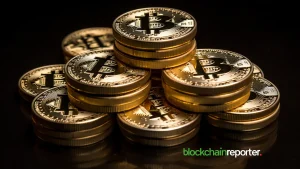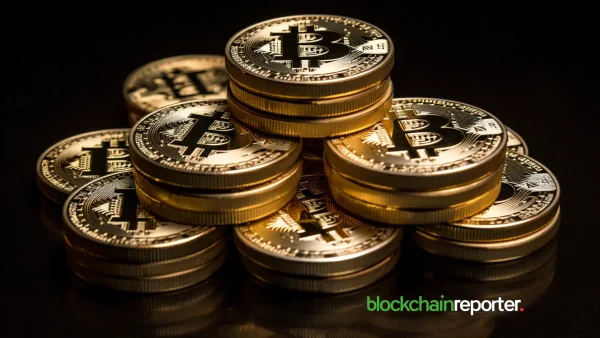
On 4th August, the Director of Brazil Central Bank, Fabio Araujo, praised Bitcoin’s innovative financial and technological properties in an event promoted by the Sao Paolo Business School. Bitcoin has been leading the central role in evolving the Web3 technology to what it is today.
Brazil Central Bank: BTC is the Strongest Foundation of Crypto Ecosystem
More and more central banks worldwide are dealing with cryptocurrencies on both positive and negative notes. However, some countries are welcoming the digital world and appreciating the crypto space, and working on how to innovate to keep up with these Web 3.0 technologies. Brazil is one of them on the list to give attention to the rise of the Web3 movement and talked about how the digital real will integrate with the central bank digital currency (CBDC) to provide more programmable features to the country’s crypto enthusiasts.
According to Araujo, the world’s largest cryptocurrency, Bitcoin has established a solid foundation for the financial ecosystem’s innovation. Araujo stated, “We started to accelerate this in 2009, with the launch of Bitcoin, with distributed database technology that facilitates the creation of Web3. The Bitcoin application brings the Proof of Work (PoW) solution, which is a fundamental thing for the services that Web3 brings to the population.”
In 2009, Bitcoin solved an old problem for cypherpunks, which was the lack of security in payment over the internet.
A Programmable Digital Real
Araujo also discussed the digital fundamentals, hinting at the possibility of having smart capabilities. In a slideshow presented at the event, the central bank’s digital currency is linked to Web3 elements, such as digital assets, tokens, internet of things (IoT) protocols, and offline payments. The director of the Brazil central bank also made a clear distinction between the digital realm and other crypto assets such as Bitcoin. Elaborating on this, Araujo said, “Even though CBDC uses the technology that supports crypto, CBDC is not a crypto asset. The CBDC is an expression of the Real within the environment in which cryptocurrencies operate, in the same way, that the Real does not compete with listed assets.”
Furthermore, the director also appreciated Ethereum (ETH) as it brought advances in smart contract functionality and the ability to power decentralized finance (DeFi) as a primary technology to drive innovation into the financial sector. Consequently, Araujo confirmed that the Brazil central bank is looking to unveil financial products that implement the features introduced by Bitcoin, Ethereum, DeFi, Web3 and stablecoins.
Regarding this, Araujo stated, “we had the very important advance, which was the inclusion of smart contracts, which basically follows the standard defined by Ethereum, which, in addition to including value in an encrypted and secure way, you can include parts of code that will manipulate values according to pre-established rules and this greatly increases the efficiency of the financial system.”
The Central Bank of Brazil is improving its knowledge about blockchain technology and DLT in search of launching its Real Digital. The expectation will become a reality in 2024 as the launch of this digital currency depends upon governance and technology.
Brazil’s Crypto Future
With a decentralized technology, Bitcoin continued to draw attention for the following years and has now become a reference in creating digital currencies, including by central banks worldwide. The digital real will be an essential stablecoin for Brazil’s future crypto journey if it is created. In this way, the Brazil central bank anticipates being the gateway to DeFi, and new banking solutions will be designed.
Recently, the CEO of Santander Brazil has confirmed its plans to launch a cryptocurrency trading operation in the country and could be one of the first major banks to enter the sector after BTG Pactual, Nubank, among others, arrived in the space. These steps from Brazil will set a new mark in the crypto world where more central banks will join together and strengthen the country’s crypto infrastructure.









